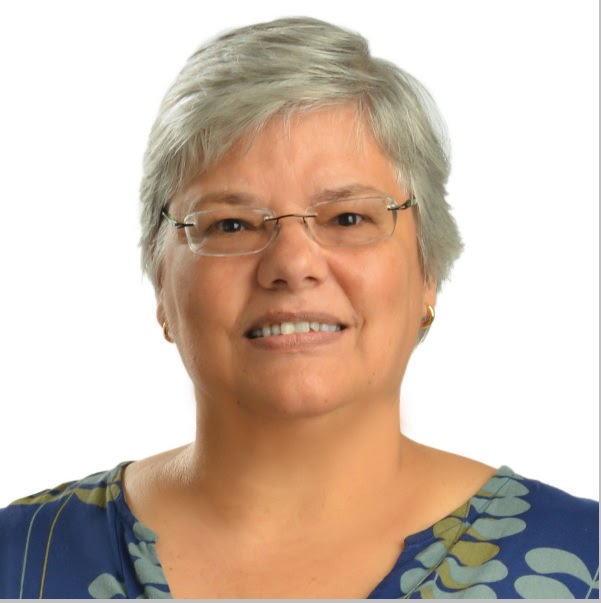
Aloha, I am Kathy Tibbetts. I have spent my adult life in Hawai‘i where I have been blessed with opportunities by Native Hawaiian serving organizations and the community to work alongside them and serve them for the last 40 years.
A much wiser friend recently shared her view that Indigenizing is present in places where our stories live. So, how do we forefront the voices and stories of those whom we serve as we practice evaluation?
Engendered in that question are the beliefs that (a) program evaluation can and should actively honor the rights of peoples to make sovereign decisions and to live in ways that reflect their worldviews and (b) our highest duty is to promote justice and equity, particularly for those who have historically been marginalized.
In Hawai‘i, we recently published two documents that help us put these beliefs into action. The first is Kukulu Kumuhana. This publication is decades, if not centuries, in the making as it is informed by the socio-political history of Hawai‘i and articulates the experiences and wisdom of many who precede us. It records the proceedings of a 2017 retreat comprising community change agents, cultural practitioners, researchers and evaluators who gathered to “create radical and new understandings of Native Hawaiian wellbeing.” Among the results of the convening is a wellbeing framework reflecting a Native Hawaiian worldview. Although mainstream indicators of wellbeing (such as health, education, and finances) are relevant and important, they are not sufficient when we seek pathways to improve Hawaiian wellbeing. The convening arrived at six indicators:
- Ea – self-determination
- ‘Aina Momona – healthy and productive lands and people
- Pilina – mutually sustaining relationships
- Waiwai – ancestral abundance, collective wealth
- ‘Oiwi – cultural identity and native intelligence, and
- Ke Akua Mana – spirituality and recognition of the sacredness of mana
In 2019, the Hawai‘i affliliate of the Center for Culturally Responsive Evaluation and Assessment (CREA-HI) published Evaluation with Aloha. Like Kukulu Kumuhana, this document is at least decades in the making. It is based on the premise that who we are and how we show up is essential to indigenizing our practice. We believe we must be guided by the practice of Aloha:
- Akahai – kindness, to act and speak with kindness
- Lokahi – unity, to bring about harmony in spite of differences
- ‘Olu’olu – pleasantness, internal peacefulness
- Ha’aha’a – modesty, humility, openness
- Ahonui – patience, waiting for the ripe moment, to persevere
LESSONS LEARNED: Understanding wellbeing from a Native Hawaiian perspective, incorporating these indicators in evaluation, and grounding our work in the practice of Aloha creates the potential to decolonize evaluation and promote just and equitable outcomes. We humbly offer this work you as seeds for reflection and invite you to nurture those that may flourish in your environment.
RAD RESOURCES:
- Kukulu Kumuhana
- Evaluation with Aloha
- Center for Culturally Responsive Evaluation and Assessment
- Equitable Evaluation Initiative
Do you have questions, concerns, kudos, or content to extend this aea365 contribution? Please add them in the comments section for this post on the aea365 webpage so that we may enrich our community of practice. Would you like to submit an aea365 Tip? Please send a note of interest to aea365@eval.org. aea365 is sponsored by the American Evaluation Association and provides a Tip-a-Day by and for evaluators.

Hi Kathy,
Thank you for posting about such an important topic of weaving culture, specifically Indigenous culture, into evaluation. I feel like I can connect with this idea of the culture of Indigenous people being weaved into aspects of education as I have always lived alongside the Indigenous people of British Columbia, specifically the Lower Mainland. The two beliefs that you shared about honouring the rights of people to make sovereign decisions and promoting justice and equity are things that are being worked on in many areas, not just evaluation in British Columbia as well. We are the connection between communities and programs we evaluate and the higher organizations, especially important in social and education evaluation cases. I like that the Hawaiian Language is integrated seamlessly into the documents, forging a strong connection between evaluators and the Hawaiian community from the beginning. As you mention, decolonizing evaluation and promoting equity in all areas of evaluation is so beneficial to all members of a community.
Thank you for your well thought out post and contributions.
Kaarina